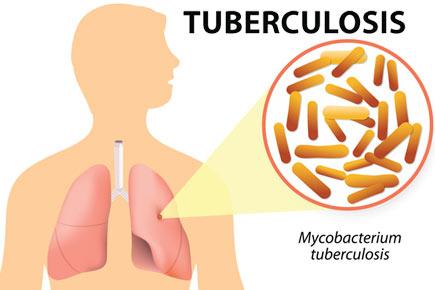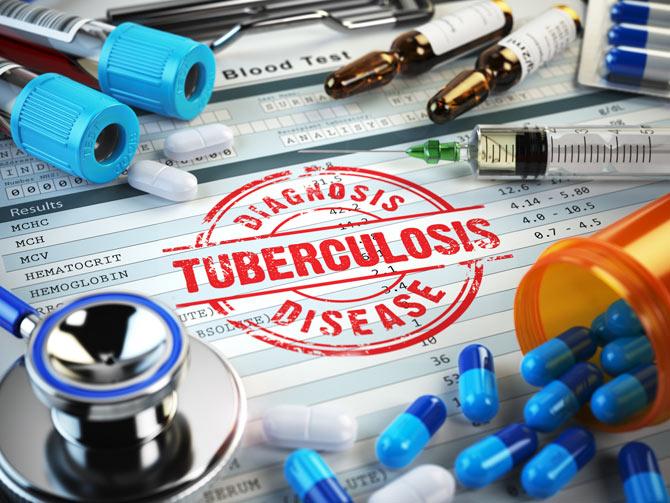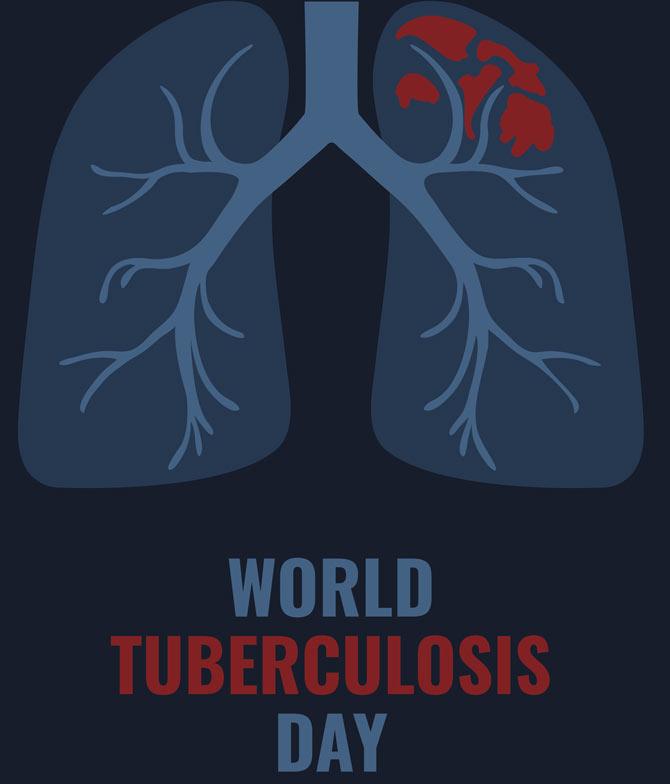On World Tuberculosis Day, we take a look at a how tuberculosis, or TB affects millions worldwide especially in India, the disease's origins, treatment methods and more...

Tuberculosis

ADVERTISEMENT
Tuberculosis or TB typically attacks the lungs, but can also affect other parts of the body. It is spread through the air when people who have an active TB infection cough, sneeze, or otherwise transmit respiratory fluids through the air. Most infections do not have symptoms, known as latent tuberculosis. About one in ten latent infections eventually progresses to active disease which, if left untreated, kills more than 50% of those so infected.
Discovery
Celebrated German physician and pioneering microbiologist Robert Koch's played a key role in identifying Tuberculosis bacteria thanks in part to his groundbreaking research work. Koch published his findings on tuberculosis in 1882, in which he reported the causative agent of the disease to be the slow-growing Mycobacterium tuberculosis. He was awarded the Nobel Prize in Physiology and Medicine in 1905 for his efforts.

Tuberculosis in India
Although treatment for TB is freely available and highly effective, TB continues to kill hundreds of thousands of people every year in India, and vast numbers of cases go undetected. Public TB clinics are better equipped to quickly diagnose and begin treatment for the disease, but patients are often reluctant to utilize them. Researchers say that for better TB tests to make a major difference they must be made available to the private health care providers where patients first seek care.
The new test for TB, Xpert MTB/RIF, could diagnose TB in 90 minutes, capture 70 percent of cases missed by microscopy and could also determine if the strain was resistant to rifampin, the most important anti-TB drug. India has begun rolling out this new technology, but since Xpert MTB/RIF was much more expensive than traditional tests, it was currently being implemented mainly in public clinics to test HIV-positive patients who might also have TB or those at high risk of having multidrug-resistant tuberculosis (MDR-TB).
Daily fixed dose is mandatory, say experts
Many health experts have urged the Indian government to swiftly implement revised TB treatment regimes. Although experts welcomed reports that the Central TB Division will soon switch from intermittent (three times in a
week) to daily treatment for drug sensitive TB as part of 'Directly Observed Treatment (DOTS)', they said that more concrete steps needed to be taken towards implementing the recommended policy changes.
Eradication of Tuberculosis a possibility?
New drug can enable shortened treatment: Data from a phase 2b clinical trial has shown that a new TB (tuberculosis) drug regimen eliminated more bacteria from sputum than standard therapy and did so at a faster rate. PaMZ is a three-drug regimen comprising two candidate drugs that are not yet licensed for use against TB. If successful in the phase 3 trial, the PaMZ regimen would eliminate the need for injectable drugs and reduce the cost of MDR-TB therapy by more than 90 percent.

Hope for patients with drug-resistant TB: Researchers led by an Indian-origin scientist have developed a new drug that may serve as a treatment against multi-drug resistant tuberculosis, a form of the disease that cannot be cured with conventional therapies. The researchers also performed extensive studies to determine if their newly developed compound had an appropriately long half-life and could be cleared from the body through normal biochemical mechanisms.
 Subscribe today by clicking the link and stay updated with the latest news!" Click here!
Subscribe today by clicking the link and stay updated with the latest news!" Click here!






